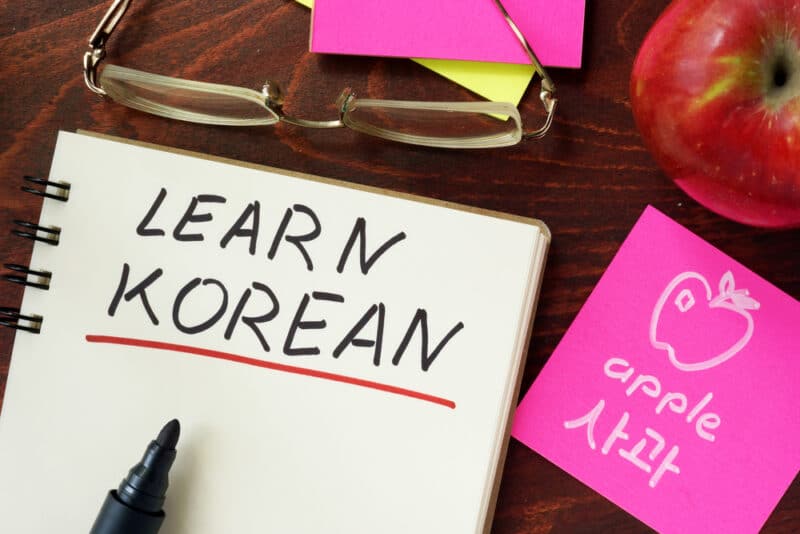Dreaming Spanish Review: The Best Resource for Comprehensible Input, But Speaking is Undervalued

Growing up as a “no sabo kid”—my dad is from Venezuela, but never taught me Spanish—I was exposed to …

Growing up as a “no sabo kid”—my dad is from Venezuela, but never taught me Spanish—I was exposed to …

Audio courses have become a buzz in the language learning community lately because you can learn with them anywhere—the car, …

Put simply, Language Reactor is a way to learn a language mainly by watching Netflix and YouTube videos. In fact, …

I’ve spent over a decade learning Chinese and have spent time and money on way too many Chinese courses. Mandarin …

I picked up Pimsleur Japanese years ago when I was planning a trip to Japan.
I figured the focus on …

Learning how to speak Portuguese is a rewarding endeavor. It’s a beautiful language that gives you access to some incredible …

There are tons of Portuguese-to-English translator apps on the market today. Not all of them are equally good, though–some of …

So you’ve decided you’d like to learn Korean.
But with the abundance of materials available, how do you know the …

Korean TV is probably best known for K-dramas, but they’re not the only type of show you’ll find on Korean …

Knowing Korean slang is a vital part of learning the language (or any other language, really).
You won’t find them …